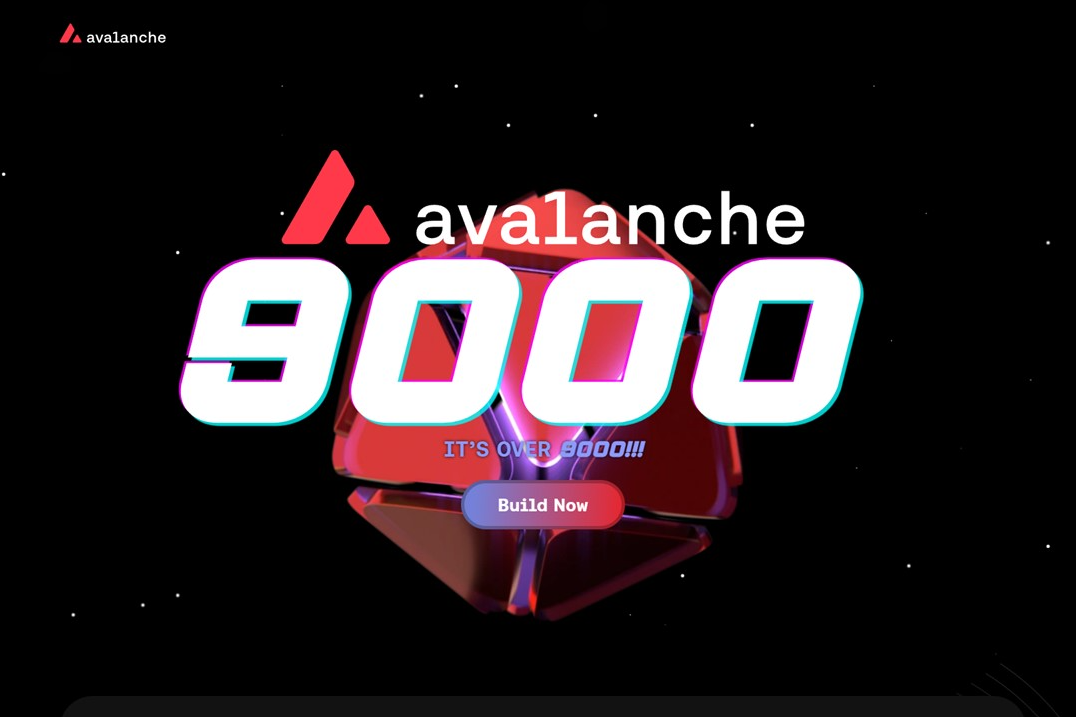2024-11-26

On November 25, 2024, Avalanche has
launched its Avalanche9000 testnet called the Fuji testnet, marking its largest
upgrade since the mainnet launch.
This upgrade aims to reduce deployment
costs by 99.9%, enable interchain communication, and unlock over $40 million in
retroactive rewards for developers.
The new testnet will allow developers to create permissionless Layer 1 (L1) blockchains, making it easier and more cost-effective to develop decentralized applications (dApps).
The Avalanche9000 testnet, introducing
the Retro9000 program—a retroactive grant initiative offering up to $40
million in AVAX tokens to developers.
This program aims to incentivize the
creation and deployment of Layer 1 (L1) blockchains and essential developer
tools within the Avalanche ecosystem.
Key Features of Retro9000:
Developer Incentives: Retro9000 rewards developers who build and deploy L1 blockchains or related tooling on the Avalanche9000 testnet. The program encourages public development, community engagement, and the successful launch of projects on the mainnet.
Community-Driven Rewards: Submissions
are ranked on a public leaderboard, with community votes influencing the
allocation of retroactive grants. This approach fosters transparency and
community involvement in the development process.
Reduced Barriers to Entry: The
Avalanche9000 upgrade eliminates the need for validators to stake high amounts
of AVAX, significantly lowering the cost of deploying and maintaining an L1
blockchain. This change opens opportunities for a broader range of projects to
build custom, interoperable blockchains on a proven tech stack.
What is Avalanche 9000?
Avalanche 9000 is an upgrade to the
Avalanche blockchain platform, introduced in October 2024.
It aims to simplify and economize the
process of creating and deploying Layer 1 (L1) blockchains within the Avalanche
ecosystem.
Key features of Avalanche 9000 include:
The upgrade removes the previous
requirement for validators to stake 2,000 AVAX tokens, significantly reducing
the cost of launching and maintaining an L1 blockchain.
Developers now have greater control
over their blockchains, including the ability to select custom gas tokens,
implement flexible staking mechanisms, and design unique governance models
tailored to specific use cases.
Avalanche 9000 introduces
permissionless validation, allowing new L1 blockchains to operate independently
of Avalanche’s core chains, thereby reducing operational overhead and
simplifying the development process.
Interchain Messaging (ICM) feature
enables seamless communication and shared liquidity across different L1
blockchains within the Avalanche ecosystem, fostering interoperability and
collective success.
To support the adoption of Avalanche 9000, the Avalanche Foundation has launched the Retro9000 program, offering up to $40 million in retroactive grants to developers building L1 blockchains and essential developer tools on the Avalanche9000 platform.
The Avalanche Foundation's launch of Retro9000 underscores its commitment to fostering innovation and expanding the Avalanche ecosystem by supporting developers in bringing new blockchain solutions to market.